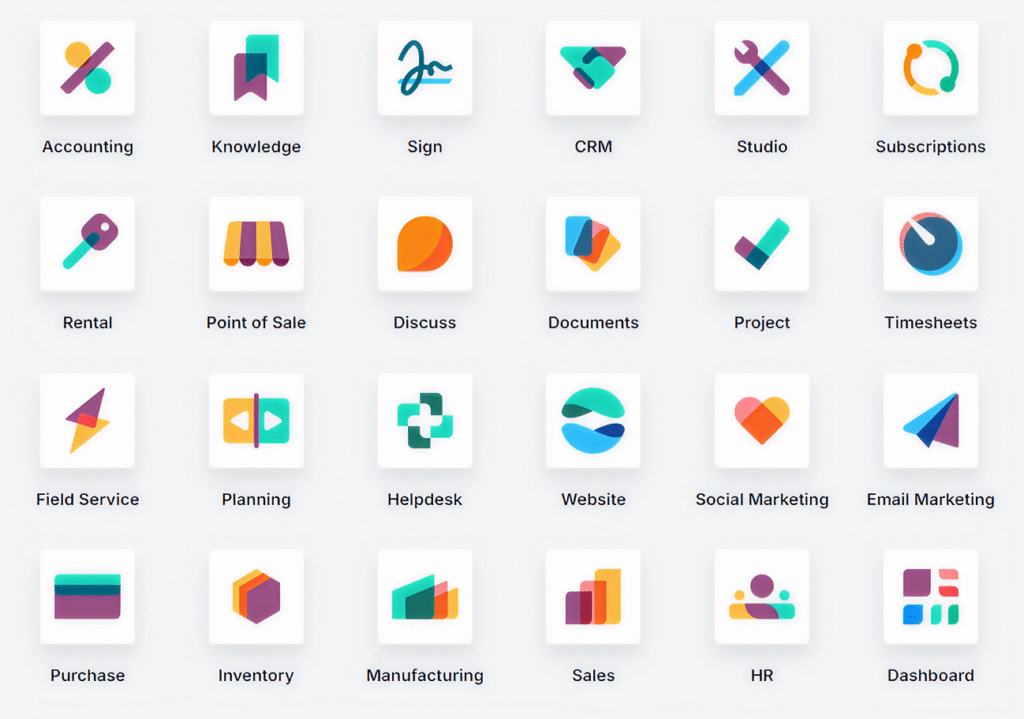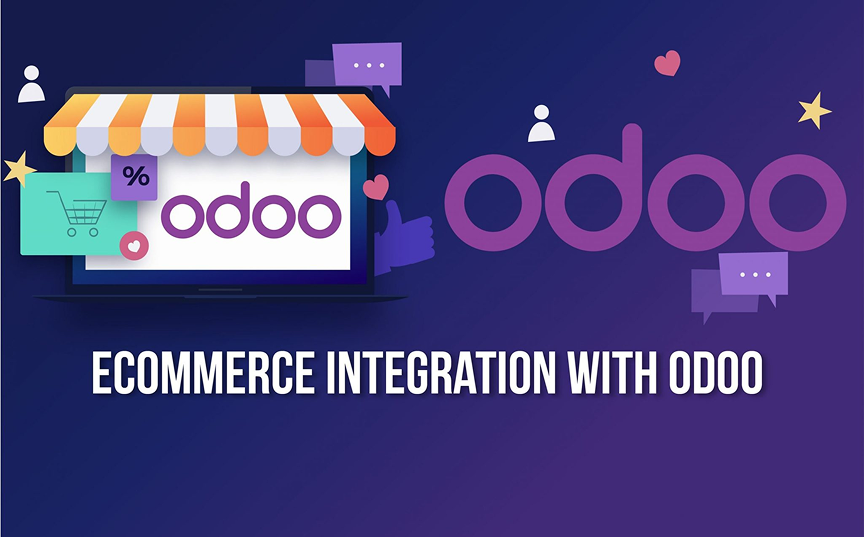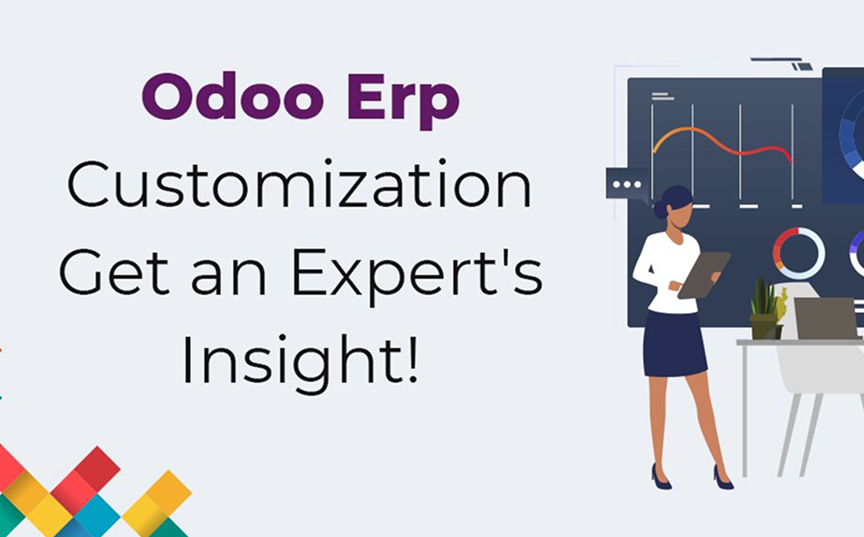Why Saudi Businesses Choose Odoo ERP: Top 5 Reasons
In today’s competitive market, businesses across Saudi Arabia are rapidly shifting towards integrated ERP systems to streamline operations. Among many solutions available, Odoo ERP Saudi Arabia has emerged as a top choice for startups, SMEs, and large enterprises alike. But what makes Odoo ERP the preferred ERP for Saudi business needs? Here are the top five reasons why Odoo implementation in KSA is transforming the business landscape.
1. Comprehensive and Modular ERP Solution
Flexible modular Odoo ERP apps for Saudi businesses
Flexibility That Fits Every Business
Key Benefits:
- Choose from 40+ fully integrated business apps
- Scale easily without high upfront costs
- Customize modules to fit unique Saudi business requirements.
For instance, retailers can begin with sales and inventory apps and later integrate accounting, CRM, and HR seamlessly.

2. Cost-Effective ERP Implementation in KSA
Affordable Odoo ERP solutions for small and medium businesses in Saudi Arabia
Affordable Digital Transformation
One of the major concerns for businesses is ERP cost. Traditional systems often require huge licensing fees, making them inaccessible to small and medium businesses.
With Odoo implementation KSA, businesses get:
- Affordable subscription models
- No hidden license costs
- Reduced operational expenses with automation
This makes Odoo ERP a viable choice for businesses aiming for digital transformation in Saudi Arabia without straining their budgets.

3. Arabic Language Support and Local Compliance
Odoo ERP Arabic interface and VAT compliance for Saudi companies
Tailored for Saudi Market
Odoo ERP Saudi Arabia comes with built-in Arabic language support, making it user-friendly for local teams. Additionally, it is adaptable for Saudi VAT regulations and e-invoicing compliance, ensuring hassle-free financial operations.
Why it matters:
Businesses avoid penalties and maintain transparency while employees work comfortably in their preferred language interface.

4. Easy Integration with Existing Systems
Seamless integration of Odoo ERP with e-commerce and payment systems in KSA
Smooth Data Synchronization
Integrating new ERP systems with existing applications is often challenging. Odoo stands out with its robust integration capabilities.
Odoo ERP Integrates Seamlessly With:
- E-commerce platforms like Salla and Shopify
- Local payment gateways and shipping partners
- Existing accounting software
This ensures businesses in Saudi Arabia do not face operational disruptions during ERP implementation.

5. Boosts Productivity and Decision Making
Odoo ERP dashboards providing real-time business insights in Saudi Arabia
Real-Time Business Insights
Odoo provides intuitive dashboards and real-time reports, enabling management to make informed decisions quickly.
Benefits for Saudi businesses:
- Access accurate financial reports anytime
- Monitor sales performance effortlessly
- Automate repetitive tasks to free up employee time
By using Odoo implementation in KSA, businesses enhance productivity across departments, resulting in greater profitability and growth.

Why Odoo ERP is Ideal for Saudi Businesses
In summary, Odoo ERP Saudi Arabia offers:
> Flexibility with modular apps
> Cost-effectiveness for startups and enterprises
> Arabic language support and VAT compliance
> Easy integration with existing systems
> Productivity tools to drive growth
How to Implement Odoo ERP in Saudi Arabia
Steps to Start Your Odoo Journey:
1. Consult an expert Odoo partner to analyze your business needs.
2. Plan phased implementation to minimize disruptions.
3. Opt for ongoing support to keep your ERP up-to-date.
4. Customize modules according to operational workflows.
5. Train your teams to maximize system adoption.
6. Opt for ongoing support to keep your ERP up-to-date


